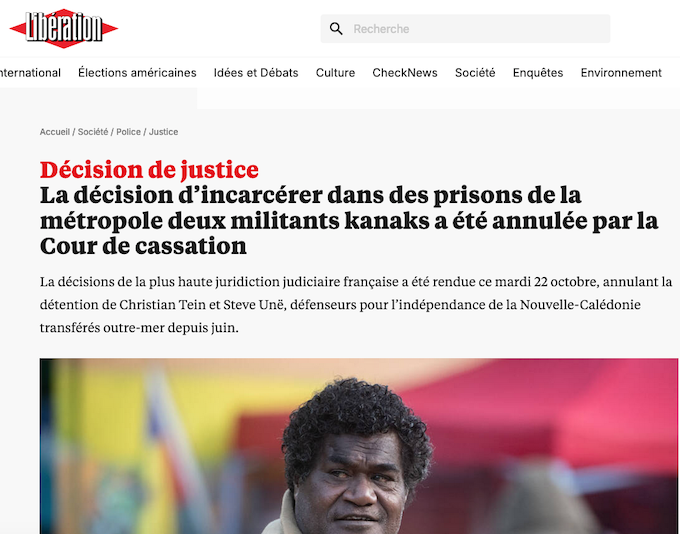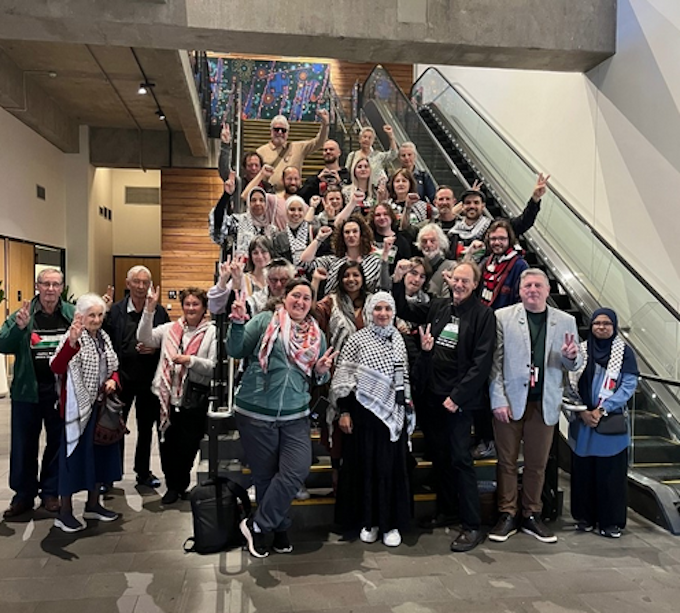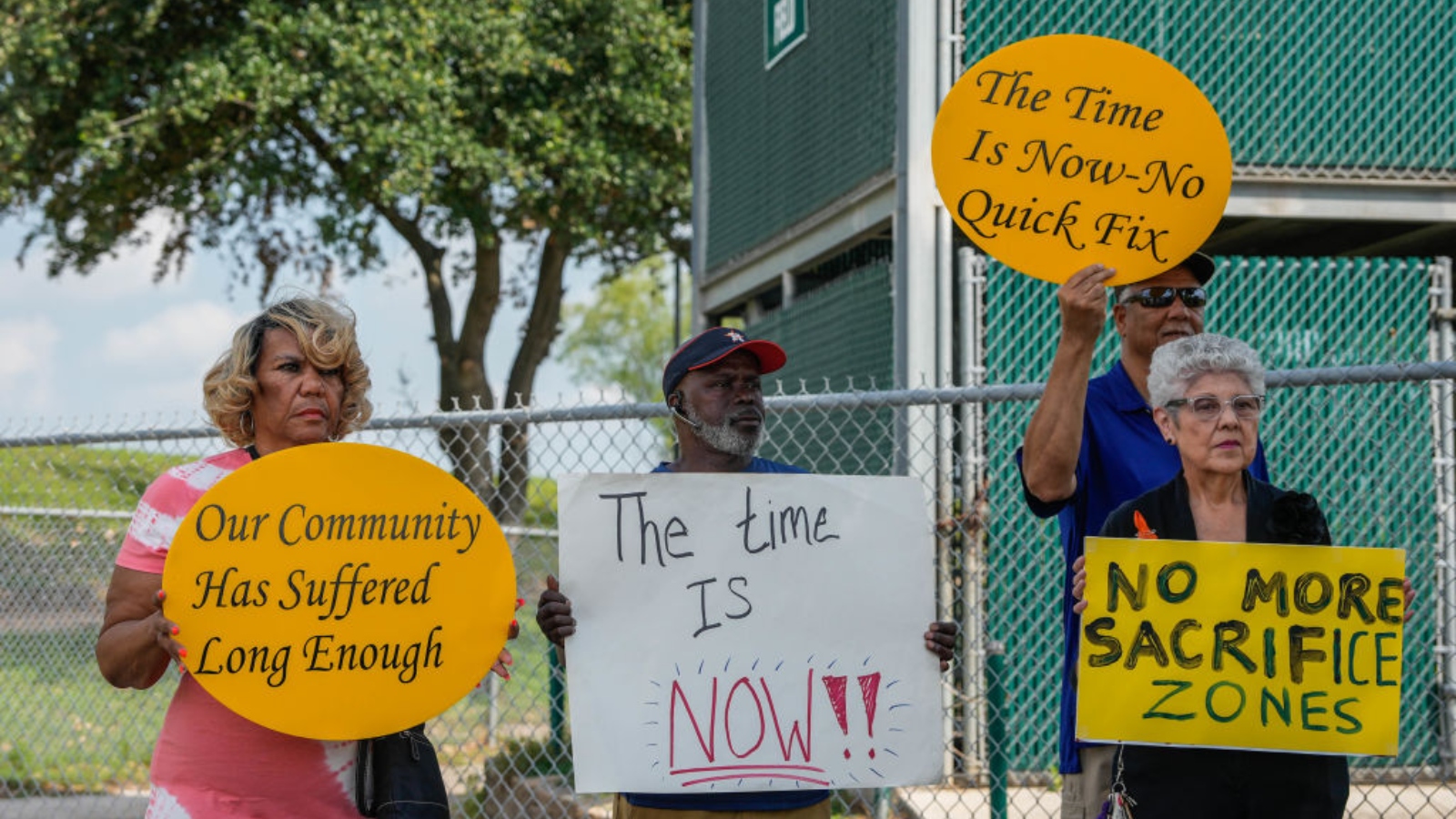I recently signed a letter drafted by Amnesty UK to MPs which included this message:
“The human rights violations taking place in Gaza have long been at catastrophic levels. Despite knowing this, the UK still hasn’t suspended all transfers of arms to Israel. Stopping some arms isn’t enough, there should be no loopholes and no UK arms to Israel
“The International Court of Justice has warned of a plausible risk of genocide against Palestinians by the Israeli authorities. Continuing to allow some arms transfers is not in line with international legal standards and demonstrates a dire need for accountability in arms transfers.”
Our newly-elected MP John Cooper, a Conservative, replied with the sort of pro-Israel froth we’ve heard many times before from his party. Here are some of his remarks, which presumably represent the ‘party line’, and my own responses….
JC began by saying: “Israel suffered the worst terror attack in its history at the hands of Hamas, and Palestinian civilians continue to face a devastating humanitarian crisis in Gaza. My thoughts are with the families of those still held hostage.”
Stuart Littlewood: What Israel suffered on October 7 last year was nothing compared with the terror, illegal occupation and dispossession inflicted on Palestinian civilians by Israel’s brutal occupation forces for the last 76 years. In the 23 years leading up to October 7, Israelis were slaughtering Palestinians at the rate of 8:1 and children at the rate of 16:1. Actual figures: Palestinians killed by Israelis 10,651 including 2,270 children and 6,656 women; Israelis killed by Palestinians 1,330 including 145 children and 261 women (source: Israel’s B’Tselem).
You seem worried only for Israeli hostages held by Hamas rather than the 7,200 Palestinian hostages, including 88 women and 250 children, languishing in Israeli jails on the day before the attack. Over 1,200 were imprisoned under ‘administrative detention’ without charge or trial and denied ‘due process’.
Add the fact that Gaza had been under cruel military blockade for 17 years with Israel regularly “mowing the grass” (you surely know what that means), and October 7 was clearly a retaliation. Or do you think the Palestinians should have taken all that lying down?
JC: “I want to see the Gaza conflict brought to a sustainable end as quickly as possible…. Pauses can also help to create the conditions necessary to bring about a permanent and sustainable end to hostilities.”
SL: How would pauses bring about a permanent end to hostilities? Under international law the correct way to deal with the threat posed by Hamas is by requiring Israel to immediately end its illegal occupation of Palestinian territory and theft of Palestinian resources. Wouldn’t that be a more sensible way forward?
JC: “In the longer term, I continue to support a credible and irreversible pathway towards a two-state solution of Israel and Palestine.”
SL: The Israeli regime has said repeatedly that it will not permit or accept a Palestinian state.
The only credible pathway was mapped by international law decades ago but never followed because it doesn’t suit Western powers’ ambitions in the region. They prefer lopsided negotiations through dishonest brokers like the US (and unfortunately the UK). This ensures the problem drags on indefinitely while Israel continues annexing Palestinian land and creating irreversible ‘facts on the ground’.
There can be no peace without law and justice. Failure to understand that simple truth has brought us all to the present horrific crisis.
JC: “I support Israel’s right to defend itself, in line with international humanitarian law. Indeed, it is important that international humanitarian law be respected and civilians protected….”
SL: Indeed it is. But Israel has no claim to self-defence against a threat from the territory it belligerently occupies. That has been made perfectly clear by the UN and many other authorities. It’s the Palestinians who have a cast-iron right to self-defence, using “armed struggle” if necessary, against Israel’s illegal military occupation and murderous oppression (UN Resolutions 37/43 and 3246). As China reminded everyone at the ICJ, “armed resistance against occupation is enshrined in international law and is not terrorism”.
It does no good to keep saying that Israel must abide by international humanitarian law. Israel has no intention of doing so, and everyone knows it. Israel wants to dominate the Holy Land and has advertised its evil intent very clearly for a very long time. As is well documented, it was a criminal enterprise from the start.
JC: “The UK’s position, which I support, is clear and longstanding. There should be a negotiated settlement leading to a safe and secure Israel living alongside a viable and sovereign Palestinian state, based on 1967 borders with agreed land swaps, with Jerusalem as the shared capital of both states, and a fair and realistic settlement for refugees. The UK has consistently called – bilaterally and via the UN – for an immediate end to all actions that undermine the viability of the two-state solution.”
Longstanding is the word. So longstanding that you might ask why it hasn’t happened yet. It’s because Britain has played a leading part in blocking the two-state idea. We promised a Palestinian state back in 1915 in return for Arab help in defeating the Turks but repeatedly reneged on it – in 1917, in 1923, in 1948 – and continue to sidestep the issue. The UK position is anything but clear.
What would this “negotiated” two-state solution look like? Our Government can’t or won’t describe it. Why must Israel be “safe and secure” and Palestine only “viable”? One’s security is no more important than the other’s. The UK still stands in the way of Palestinian statehood while 140+ other nations have recognised it. At the same time the UK has done nothing to prevent Israel overstepping its 1947 UN Partition boundaries and seizing swathes of Palestinian land and key resources at gunpoint. And the UKGov (of both flavours) has been shamefully supportive of Israel’s year-long genocide and war of extermination which has sickened all decent-minded people.
In any case, why should Palestinians have to negotiate their freedom in their own homeland? Notice how keywords like law and justice are always missing in the UK’s position statements.
JC: “The Government’s decision to announce an arms embargo on the day that Israel was burying murdered hostages, and within weeks of British military personnel and arms defending Israel from Iranian attack, was difficult to swallow…. We must be clear that there is no moral equivalence between Hamas and the democratically elected Government of Israel.”
SL: Yes indeed, there is no moral equivalence. Hamas were democratically elected under the scrutiny of international observers at the last election permitted in Palestine (2006). Israel is no Western-style democracy with Western values — it is an unpleasant ethnocracy which recently enacted discriminatory nation state laws to prove it.
‘Think Hamas, think terror’ is what UKGov and mainstream media teach us. Branding Hamas a terrorist organisation was a propaganda masterstroke. It has allowed Zionists and other pro-Israel elements within our Government to avoid having to explain Israel’s far greater terror record, and instead focus hatred on Hamas (and now Hezbollah).
But the inescapable fact is, the Israelis wrote the manual on terrorism long before Hamas (and Hezbollah) came into being. Read their Dalet Plan, or ‘Plan D’. This was the Zionists’ blueprint for the violent and bloody takeover of the Palestinian homeland drawn up in early 1948 by the Jewish underground militia, the Haganah, at the behest of David Ben-Gurion, then boss of the Jewish Agency. Plan D anticipated the British mandate government’s withdrawal and the Zionists’ declaration of Israeli statehood, and plotted the ethnic cleansing that was to follow. They have pursued it relentlessly ever since.
You mention British military personnel and arms defending Israel from Iranian counter-attack. Why weren’t they defending Palestinian women and children from Israeli genocide?
JC: “For many years, the UK has been very clear that Settlements are illegal under international law, present an obstacle to peace and threaten the physical viability and delivery of a two-state solution. Settler violence and the demolition of Palestinian homes is intolerable, and I expect to see Ministers firmly raising these issues with the Israeli Government, and taking robust action where necessary.”
SL: Agreed. But it’s pointless merely “raising” these issues with the Israeli Government. Settlements have been key to Israel’s expansionist ambitions since 1967. Pointless also sanctioning settler organisations. Many of the settlers are racist thugs on a terror mission. You need to sanction the criminals who send them into Palestinian territory, pay them and arm them – and that’s the Israeli Government itself.
Respected legal opinion (Ralph Wilde) puts it this way:
“There is no right under international law to maintain the occupation pending a peace agreement, or for creating ‘facts on the ground’ that might give Israel advantages in relation to such an agreement, or as a means of coercing the Palestinian people into agreeing on a situation they would not accept otherwise.
“Implanting settlers in the hope of eventually acquiring territory is a violation of occupation law by Israel and a war crime on the part of the individuals involved. And it is a violation of Israel’s legal obligation to respect the sovereignty of another state and a violation of Israel’s legal obligation to respect the right of self-determination of the Palestinian people; also a violation of Israel’s obligations in the international law on the use of force. Ending these violations involves immediate removal of the settlers and the settlements from occupied land and an immediate end to Israel’s exercise of control, including its use of military force.…”
JC also mentioned: “the planned new Free Trade Agreement with Israel”.
SL: This is now is being championed by Jonathan Reynolds, the new Business Secretary. For him and the Starmer Government it’s business as usual with the apartheid regime while it conducts its non-stop genocide against the women and children of the Holy Land. No surprise there when you realise that Reynolds is a vice-chair of Labour Friends of Israel which, it seems to me, puts him in breach of the Government’s Ministerial Code and Principles of Public Life which (see ‘Integrity’) state: “Holders of public office must avoid placing themselves under any obligation to people or organisations that might try inappropriately to influence them in their work….. They must declare and resolve any interests and relationships.” Like all the other Israel stooges embedded in Westminster he doesn’t.
Question 1 – Why is the UK so head-over-heels in love with a depraved, criminal regime like Israel?
It is certainly not because we the British people share the Israelis’ moral values (although some in leadership positions at Westminster apparently do). The answer is probably to be found in America’s QME doctrine. In 2008 Congress enacted legislation requiring that US arms sales to any country in the Middle East other than Israel must not adversely affect Israel’s “qualitative military edge” (QME). This ensures the apartheid state always has the upper hand over it neighbours. It is central to US Middle East policy and guaranteed to keep the region at or near boiling point and ripe for exploitation.
The UK seems to have superglued itself to America’s cynical partnership with Israel for security reasons and in the hope of profiting from the misery and unrest, though it would never admit this. But the world, and especially the Middle East, is changing. Our track record out there is abysmal and we’re increasingly disliked.
Question 2 – Why prolong the UK’s century of betrayal by still not recognising Palestinian statehood?
Freedom and self-determination are a basic right which doesn’t depend on anyone else, such as the US-UK-Israel axis, agreeing to it. The UK thinks otherwise when we should be among the vast majority of nations that have already recognised Palestinian statehood. When 138 of the world’s states at the UN General Assembly voted in 2012 to re-designate Palestine’s status from ‘non-member Entity’ to ‘non-member State’, it had the legal effect of establishing statehood. But the UK and other Western influencers who are dragging their feet need to finally accept it before statehood become effective on the world stage.
UKGov recognised Israeli statehood quickly enough in 1949 after Zionist gangs carried out countless atrocities including massacres at the King David Hotel, Deir Yassin, Lydda and elsewhere, trashed 500 Palestinian towns and villages, drove 700,000 civilians out of their national homeland, and made clear Israel’s ambition to dominate the entire Holy Land “from the river to the sea”.
It’s time our political leaders understood that the British public don’t want to be tainted by defending and protecting a so-called ally that’s bent on genocide and the wanton destruction of another people’s homeland and heritage, and has been contemptuous of human rights and norms of decency for as long as most of us can remember.
Kind regards, etc.
Stuart Littlewood
The post What Do You Say to Your Pro-Israel MP? first appeared on Dissident Voice.This post was originally published on Dissident Voice.



















































